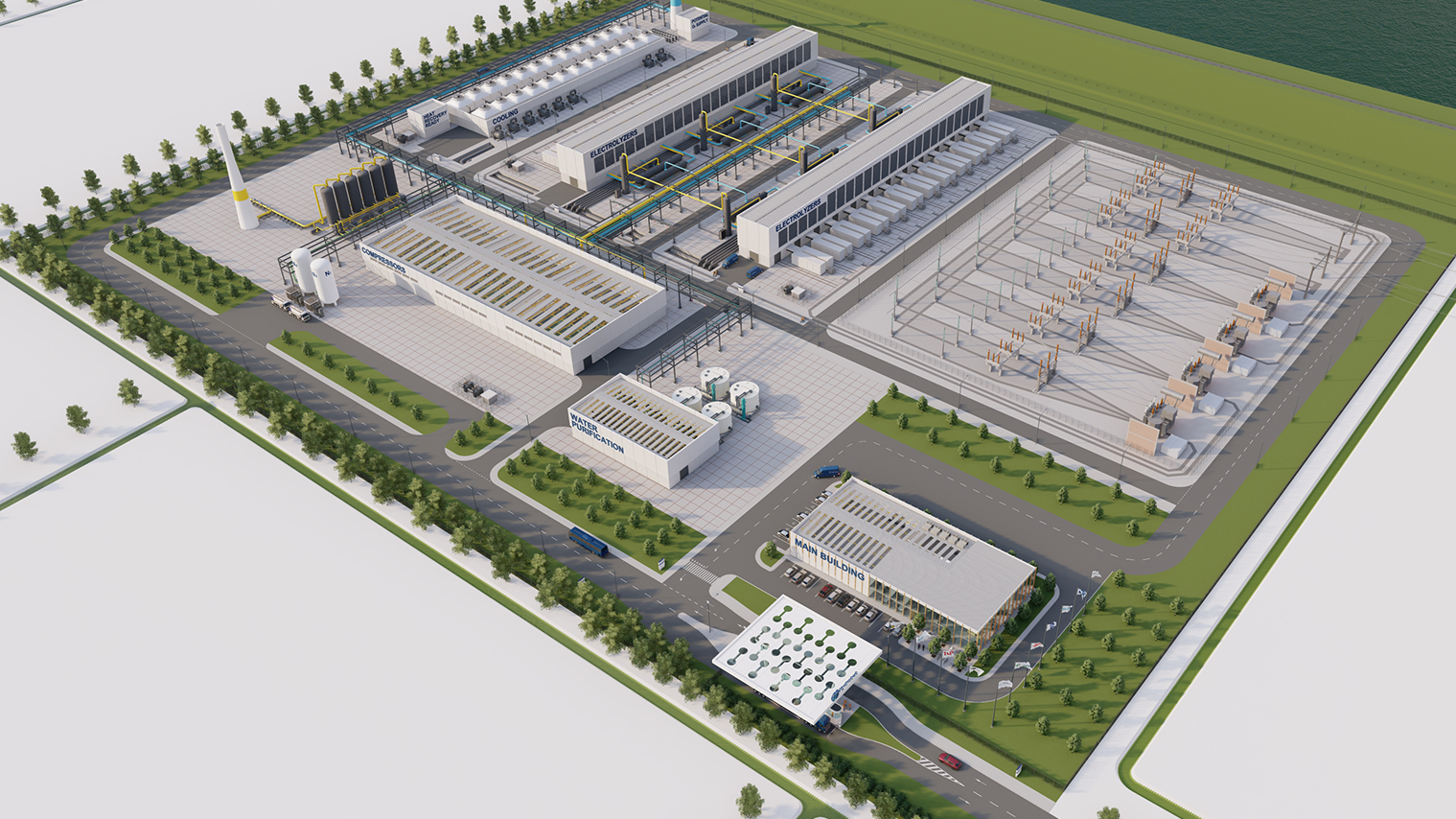The Netherlands – Green Hydrogen Inherent Safety Practices on a Large Industrial Scale was launched by the Institute for Sustainable Process Technology (ISPT) and consortium partners HyCC, Ørsted, Shell, Yara, DNV, Royal HaskoningDHV, and TNO.
This effort will raise safety awareness for large industrial water electrolysis plants.
The firms hope to gain a better knowledge of the possible risks of explosions caused by hydrogen-oxygen mixes in electrolysis equipment through this initiative. The techniques, methods, and data for assessing these hazards, which have a low probability of occurrence but can have serious repercussions, will be studied. The project offers credible scenarios and facts about the fundamentals of explosives and the reliability of detonation.
The emphasis is on developing an objective risk assessment approach for fire and explosion threats associated with oxygen and hydrogen mixes in equipment. The development of consistent evaluation methodologies includes failure frequencies and effects, as well as data on delayed ignition and detonation, which leads to suitable protection and safety distances.
Validating findings
Currently, electrolyser providers, operators, and owners have limited operational experience with large-scale water electrolysis plants. Only small-scale installations exist, whereas large-scale installations are about to become a reality. All partners aspire to progress all safety areas and provide a standardized safety approach for large-scale water electrolysis plants.
The project team compiles best practices for inherent safe design as well as recommendations for hazard assessment and risk mitigation. In addition, the research will provide a plan for validating the findings with experimental data.
ISPT is the overall project coordinator, and the project will be carried out in collaboration with DNV, Royal HaskoningDHV, and TNO. All topics will be investigated in collaboration with experts from industrial partners HyCC, Ørsted, Shell, and Yara. TKI-Energy & Industry of the Dutch Ministry of Economic Affairs and Climate Policy is co-funding this initiative.





